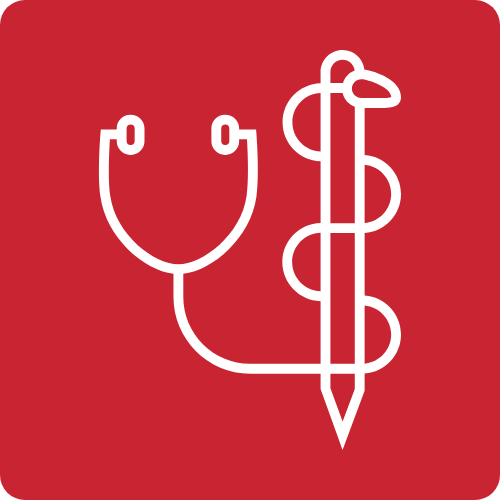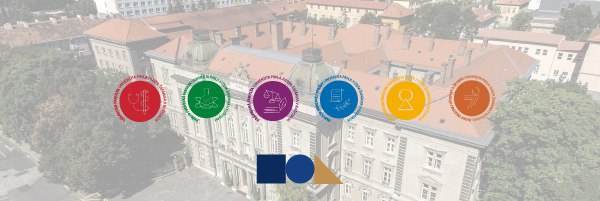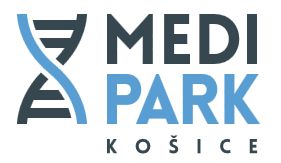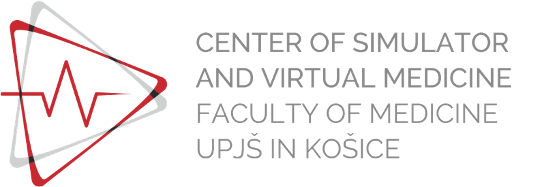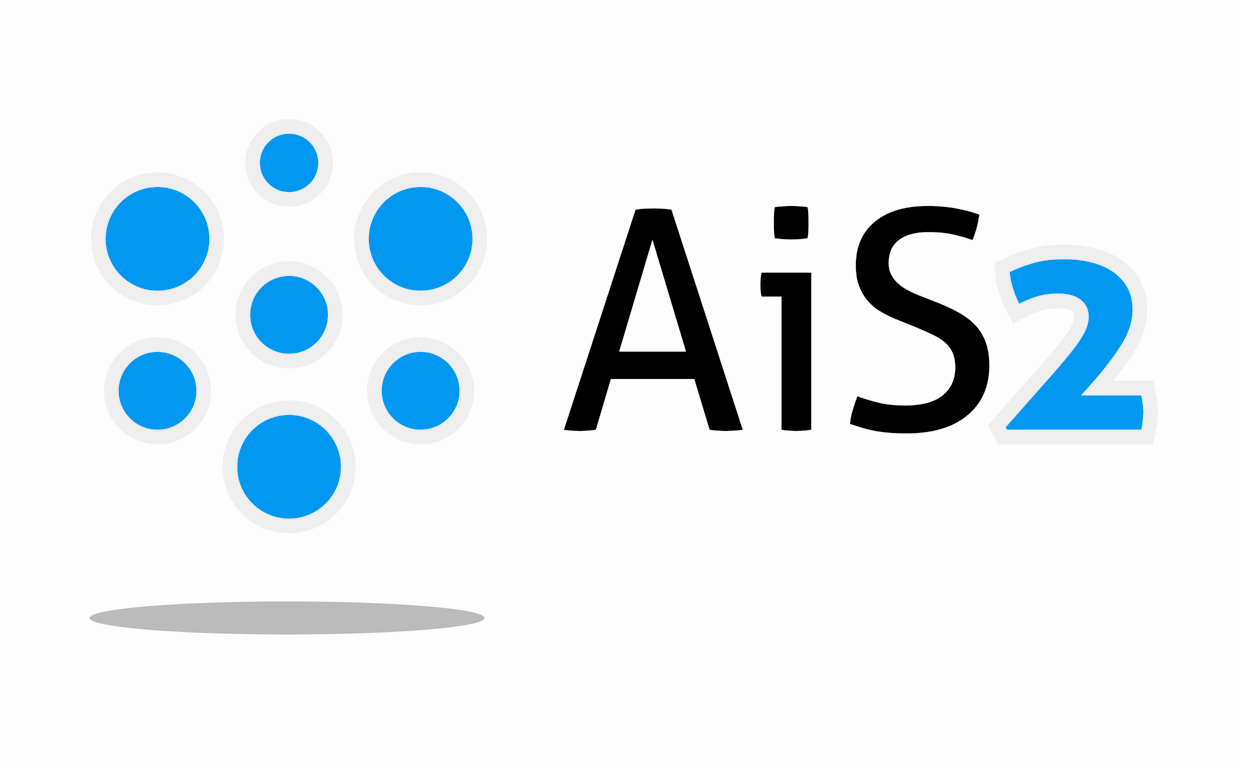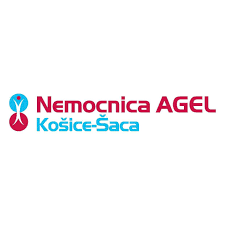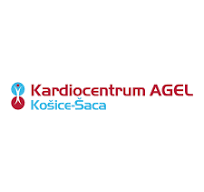The research team of the Department of Health Psychology and Research Methodology has participated and is participating in several projects of Slovak research agencies (APVV, VEGA), in many bilateral research projects and several European projects (H2020, 7th FP, EFRD, ESF, DG Sanco, ERASMUS, IFV).
RIVER-EU: Reducing Inequalities in Vaccine Uptake in the European Region – Engaging Underserved Communities
Website: https://river-eu.org/
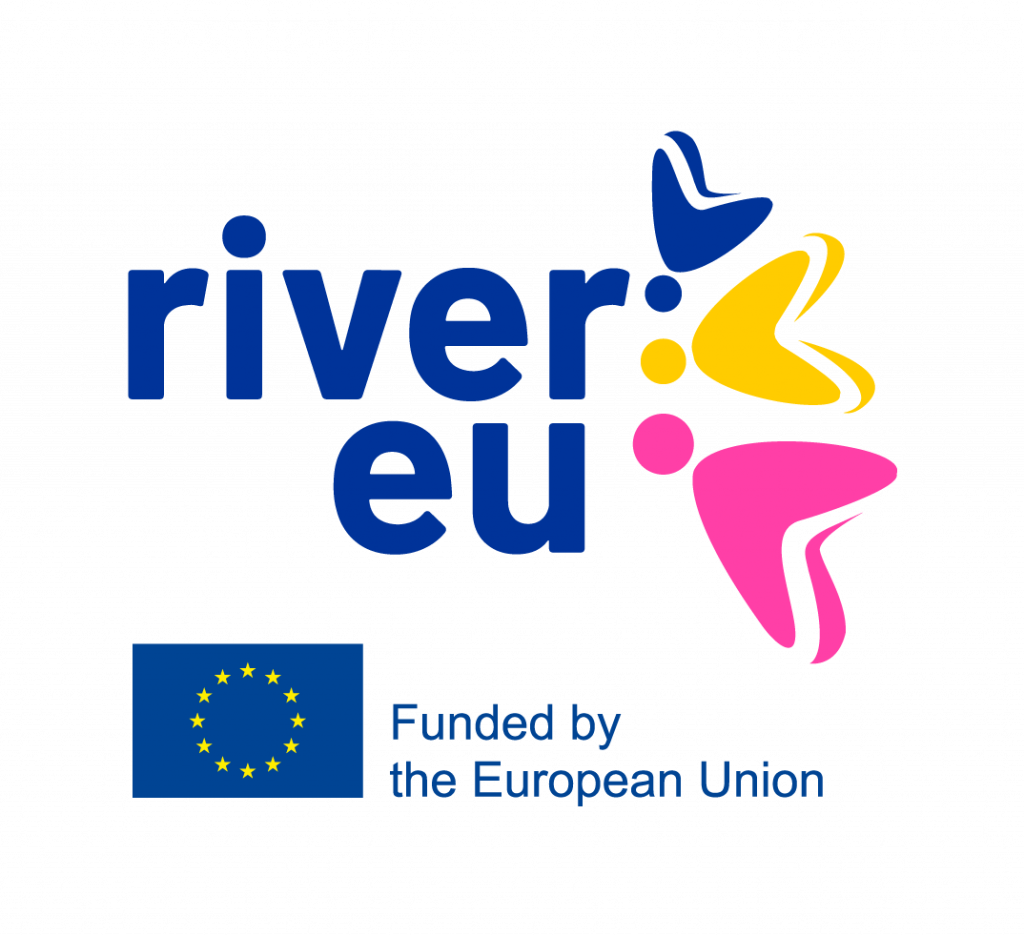
This project, in which 14 renowned institutions from ten countries collaborate, aims to improve the availability of vaccinations (MMR and HPV) for communities at risk of insufficient access to services. It gathers evidence on the determinants of high and low vaccination uptake in eight specific contexts, including marginalized Roma communities in Slovakia. The knowledge gained will be used to identify and/or develop interventions tailored to target communities to eliminate health system barriers, improve access to vaccination services, contribute to a positive attitude towards preventive care and increase vaccination uptake. These interventions will then be piloted and evaluated. The lessons learned will be concentrated in a set of evidence-based guidelines and recommendations and disseminated among health policy makers and experts across Europe with the aim of improving the performance of vaccination programmes and reducing vaccination inequalities. RIVER-EU is funded by the European Union’s Horizon 2020 research programme No. 964353 under the title Addressing low vaccine uptake (SC1-BHC-33-2020).
Research program “SCHOOL-AGED AGED CHILDREN”
Website: https://hbscslovakia.com, www.hbsc.org
Participation in currently implemented research projects:
● 2023 – 2027 Mental health of adolescents in the context of current social challenges. APVV-22-0078
● 2021 – 2023 Physical activity-related injuries prevention in adolescents (Project acronym: PARIPRE) in ERASMUS+ Sport Collaborative Partnerships Call, for UPJŠ researchers A.Madarasová Gecková and J.Kopčáková
● 2021 – 2023 VEGA 1/0179/21 Injuries related to physical activity in Slovak adolescents, principal investigator P.Bakalár, deputy principal investigator J.Kopčáková
● 2017-2020 VEGA 1/0427/17 Health literacy of students as part of the educational process in schools and the result of school health education, principal investigator: A. Madarasová Gecková and since 2018 Z. Boberová ● 2019-2023 APVV-18-0070 Generation Z – new challenges of adolescence, principal investigator: A. Madarasová Gecková
This research is mainly represented by cooperation within the Health Behavior in School-aged Children (HBSC) network. HBSC is an international project in cooperation with WHO, which is unique in its history and scope. It allows to monitor social determinants of health over a time horizon of more than 30 years in the context of more than 40 countries. It is the only project that brings findings on health in such a scope already in the age group of 11 years. It is a unique think tank contributing to the development of theoretical, conceptual and methodological frameworks for research on social determinants of health of schoolchildren and significantly contributes to the knowledge base in the given area. It is also an opinion-forming source in the field of adolescent health promotion and as such is used in the creation of national and international health promotion policies.
We took over the coordination of the Slovak HBSC team in 2008. We created a national research team that conducts a cross-sectional study every 4 years on a nationally representative sample of 11- to 15-year-old schoolchildren, processes data in the form of national reports, cooperates in the preparation of international reports and participates in the dissemination of the findings of this study in the form of press releases, press conferences, invited lectures for the professional and lay public, as well as scientific outputs, including outputs in peer-reviewed journals. The collected data are also used to prepare bachelor’s, diploma and dissertation theses.
Research program “VULNERABLE CHILDREN”
Website: https://care4youth.com
Participation in currently implemented research projects:
● 2020-2023 VEGA 1/0177/20 Mapping the trajectory and experiences of adolescents with emotional and behavioral problems in the care system: possibilities for improvement from the perspective of adolescents and their parents, principal investigator: Z. Dankulincová
● 2016-2020 APVV-15-0012 Care4Youth Psychosocial development of children with emotional and behavioral problems in the care system – longitudinal study, principal investigator: A. Madarasová Gecková and since 2017 Z. Dankulincová
As part of this research program, the Care4Youth study is also underway, including children and adolescents who enter the care system for emotional and behavioral problems (EBP) or are part of the general population in in the same region (community sample). It aims to longitudinally monitor the trajectory of children and adolescents with EBP in the preventive, social and health care system in close cooperation with experts in the field of psychiatry, psychology and social work. It includes examining when and how clients enter and exit the care system, or move from one type of care to another, and what impact different trajectories have on life satisfaction and quality of life of clients, taking into account their social context, or what are the risk and protective factors in this group of children that stimulate their success in the system, or vice versa, that endanger them. Following this, the research team of the Care4Youth study is dedicated to mapping the care system for adolescents with EBP from the perspective of adolescents with EBP, their parents and care providers with the aim of bringing consensual improvements to the care system.
Research program “SPECIAL PATIENTS”
Website: www.care4health.sk
Participation in currently implemented research projects:
● 2020-2021 VVGS 2020-1444 PURE Spreading scientific excellence to improve the health of vulnerable groups.
● 2020–2024 COST CA19113 The European Researchers´ Network Working on Second Victims
● 2017-2020 ERASMUS + IMPACCT IMproving PAtient-centered Communication Competences: To build professional capacity concerning health literacy in medical and nursing education, principal investigator: P. Kolarčik
● 2017-2021 APVV-16-0490 Using the health literacy profile to improve the management of chronic diseases, principal investigator: J. Rosenberger
● 2019–2021 Secondary Prevention of Dialysis Patients: Aspects of Physical Activity, Quality of Life and Application of Movement Program in Dialysis Workplace Environment. VVGS-2019-1069
In collaboration with clinical departments of UPJŚ, UNLP, and Fresenius Nephrology and Dialysis Center, we continue to research the quality of life of chronically ill patients, the use of the health literacy profile to improve the management of chronic diseases, and the possibility of using these findings to improve medical education. In addition, we are investigating the effectiveness of a 12-week specialized strength program aimed at increasing the strength capabilities of the lower extremities, tailored to the current state of physical fitness of each patient in the group of dialysis patients, and the applicability of the exercise program in the dialysis environment in terms of benefits and barriers for the patient and the healthcare provider.
New topics within this research program are research on adverse events in the provision of medical and nursing care, the phenomenon of secondary victimization, and the provision of healthcare during the COVID-19 pandemic.
Research program “MARGINALIZED ROMA”
Website:
Participation in currently implemented research projects:
● 2020-2024 APVV-19-0493 RomaREACH Early childhood research in marginalized Roma communities: contextual factors of children’s psychomotor development during the first 1000 days, principal investigator: Z. Dankulincová
● 2021-2025 VEGA 1/0593/21 RomaREACH Early childhood development in the context of marginalized Roma communities: factors threatening health and healthy development, principal investigator: D. Fiľakovská
● 2021-2026 H2020 Reducing Inequalities in Vaccine uptake in the European Region – Engaging Underserved communities, principal investigator: P. Jarčuška
The RomaREACH (Research on Early Childhood in marginalized Roma communities) study is currently underway, which aims to examine the specifics of psychomotor development of children from marginalized Roma communities and to bring more comprehensive knowledge about the mechanisms influencing psychomotor development in early childhood, taking into account the broader context of socio-cultural disadvantage and the related exposure to environmental factors threatening the health and healthy development of children. For this purpose, we intend to adapt, develop and pilot culturally sensitive measurement tools. The development of cognitive, language skills, gross and fine motor skills and socio-emotional skills in children from marginalized Roma communities will thus be able to be compared with control groups of children from the majority population from socially disadvantaged backgrounds and from middle to upper socio-economic classes. We will also be interested in the relationship between inflammatory processes, parasitic diseases, stress hormone levels, nutrition, but also parental competences and the socio-economic situation of the family with the psychomotor development of the child. We will pay special attention to factors such as the stimulating nature of the environment, parental competencies and preferences in relation to responsive parenting, child upbringing and nutrition, the quality of relationships and social support in the family and community, and others. We will also take into account gestational age, Apgar score, health-related behaviour of the mother during pregnancy and breastfeeding, and other factors influencing the starting position of the child. Using longitudinal monitoring of the development of children in the compared cohorts, we will be able to determine the contribution of individual monitored factors not only to lagging but also to the quality of development in individual domains and capture the developmental trend (whether the differences in development between cohorts are increasing, decreasing, or stable). A new topic within this research program is improving access to HPV vaccination in marginalized Roma communities, by identifying and removing barriers to access on the part of the health system through the development of new interventions.
Completed projects
EURO-HEALTHY – Shaping EUROpean policies to promote HEALTH equitY
Scheme: Horizon 2020, PHC-31-2014: Foresight for health policy development and regulation
Duration: 2015-2017
Website: http://www.euro-healthy.eu/
The project aimed to increase knowledge and resources on policies that have the potential to promote health and health equity in European regions, with a focus on metropolitan areas. The most important product of this project was the creation of the so-called Population Health Index supported by a Web Geographic Information System (Web GIS).
SOPHIE HEALTH-F3-2011-278173 Evaluating the impact of structural policies on health inequalities and their social determinants and fostering change
Scheme: 7th Framework Programme, HEALTH.2011.3.3-1 Developing methodologies to reduce inequities in the determinants of health
Duration: 2011-2015
Website: www.sophie-project.eu
The SOPHIE project aimed to generate new knowledge on the impact of structural policies (in the fields of macroeconomics, social policy, labour market and housing) and the effectiveness of these policies in reducing health inequalities and to develop innovative methodologies for assessing the impact of these policies. Particular attention was paid to stimulating the participation of those affected (stakeholders, vulnerable groups) and the transfer of knowledge.
CEMIO Center of Excellence for Research on Factors Affecting Health with a Focus on Marginalized and Immunocompromised Groups
Scheme: European Regional Development Fund EFRD, OP Research and Development
Duration of the project: 2010-2013
Website: www.lf.upjs.sk/cemio/index.html
Within the CEMIO project, our employees participated in the integration of workplaces in the preparation of international projects and in joining international networks. One of the projects that emerged within the CEMIO framework is HepaMeta Risk factors for viral hepatitis B/C and metabolic syndrome in the population group living in Roma settlements, the aim of which was to examine possible differences in the incidence of hepatitis B and C, as well as cardiovascular diseases in the population living in segregated Roma settlements and in the majority population, as well as to obtain information on the incidence of risk, but also protective factors for these diseases. Several clinical and theoretical departments of the Faculty of Medicine of the University of Ljubljana, as well as colleagues from foreign universities (prof. S. Panico, Naples, Italy, prof. S.A. Reijneveld, Groningen, the Netherlands) collaborated on this project, and using an interdisciplinary approach, it was possible to look at the issue in a unique way in the complexity of the bio-psycho-social model of health. One of the outputs of this project is a special issue of the Central European Journal of Public Health dedicated to the findings of this study.
EUROTHINE Tackling health inequalities in Europe: an integrated approach, project
Scheme: Call of the European Commission DG Health and Consumer Protection, Public health section
Duration of the project: 2005-2007
Web presentation: http://survey.erasmusmc.nl/eurothine/
The EUROTHINE project aimed to analyze information on health inequalities in a wide group of European countries and to develop strategies for their reduction. The outputs of this project form the source base for many global and European initiatives in the field of public health (e.g. Closing the gap in a generation, www.euphix.org) and have fundamentally influenced the knowledge base in this field.
INEQiCITIES – Socioeconomic inequalities in mortality: evidence and policies in the cities of Europe
Scheme: Call of the European Commission DG Health and Consumer Protection, Public health section
Duration of the project: 2009-2011
Web presentation: https://www.ucl.ac.uk/ineqcities/atlas/cities/kosice
The INEQiCITIES project examined the connections between socio-economic and health parameters of territorial parts of selected European cities and analyses health and social policies at the city level with the aim of developing recommendations for reducing health inequalities. In addition to scientific outputs, this project also brought a series of visualizations of the connections between socioeconomic and health parameters of the territorial parts of the affected cities, which serve as a basis for the preparation of policies and interventions at the city level.
